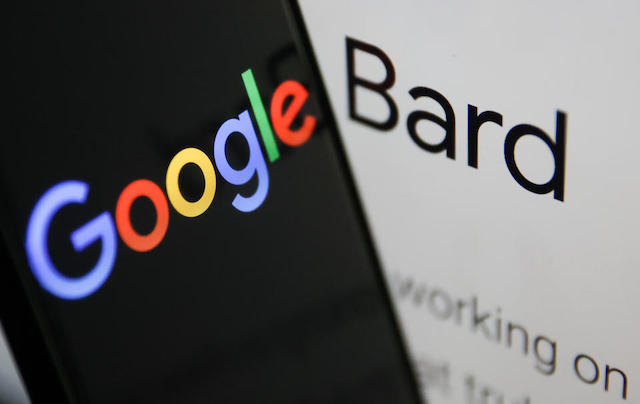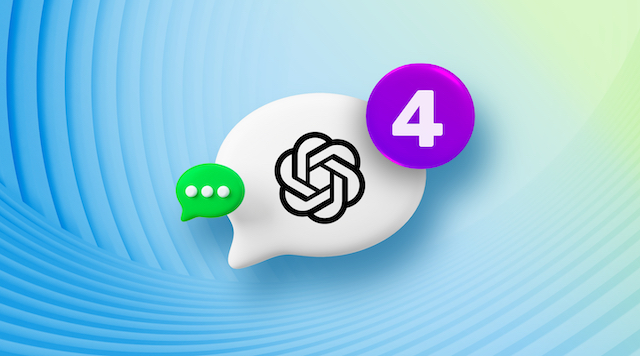.it/tech10 February 16:02
0<
Google's Bard chatbot made a factual error during its first demo: The mistake cost the company $100 billion
/>CNN: Google’s much-hyped new AI chatbot tool Bard, which has yet to be released to the public, is already being called out for an inaccurate response it produced in a demo this week be updated on the latest tech newsGet exclusive news updates and overview on tech market



